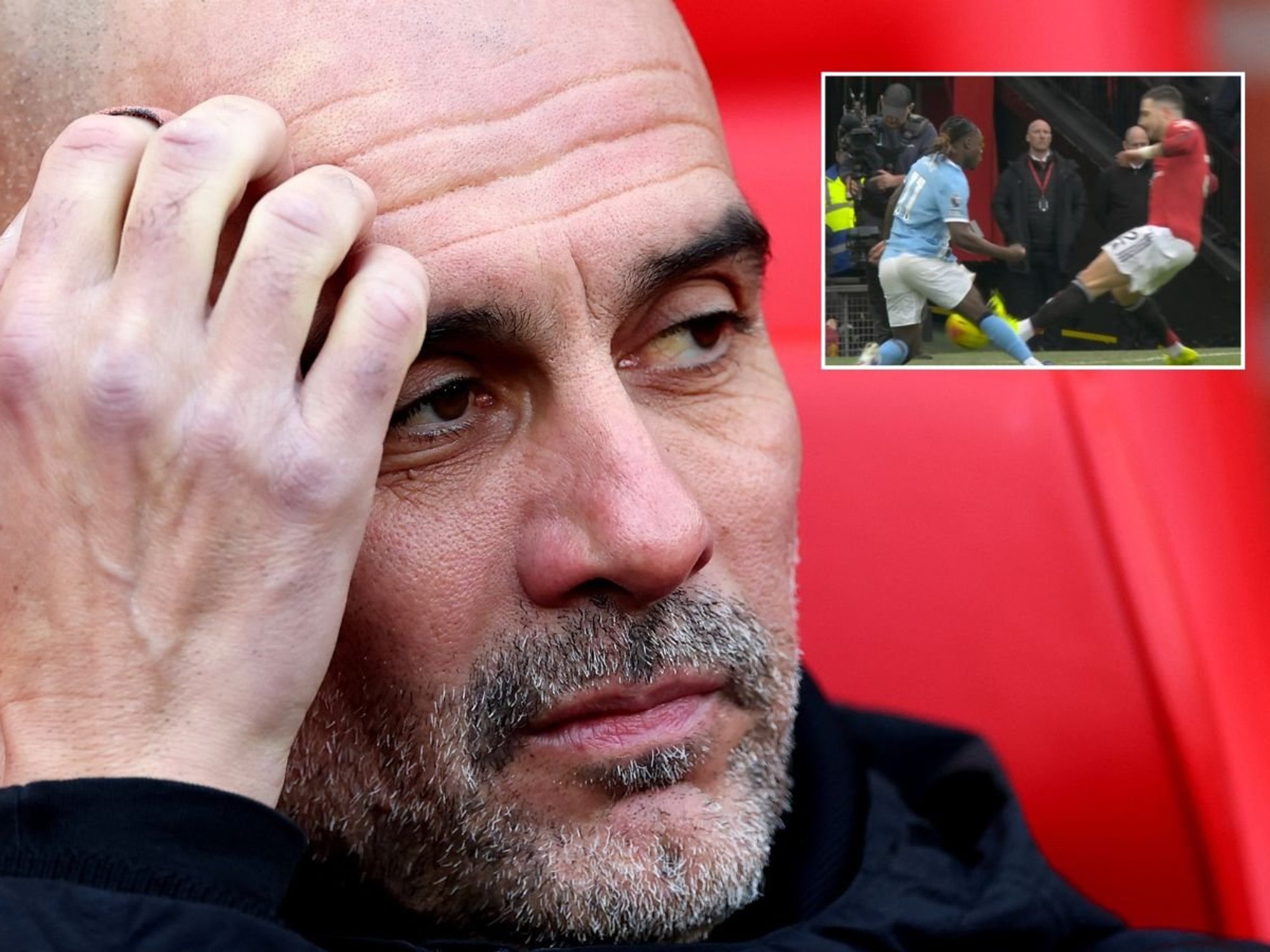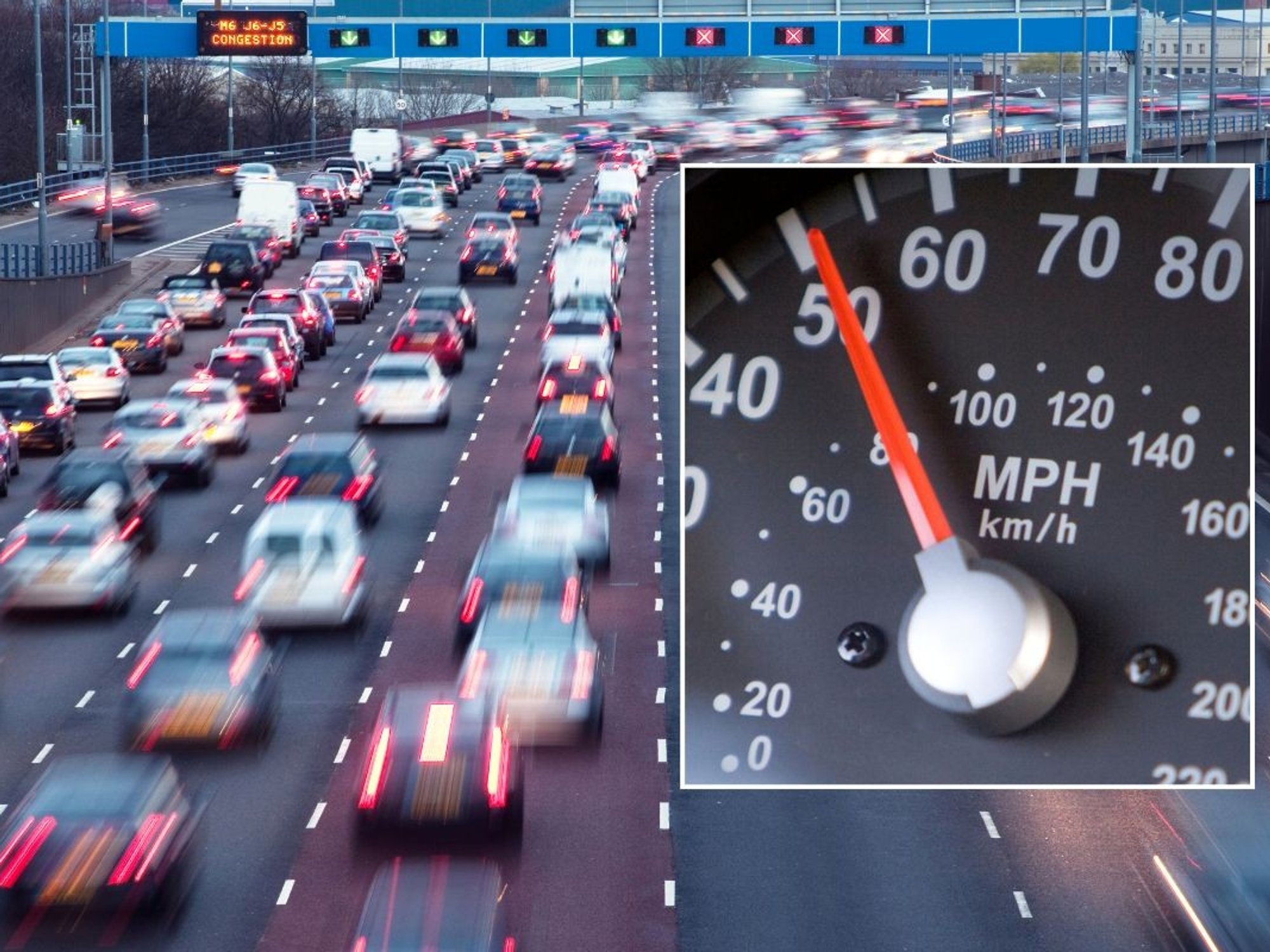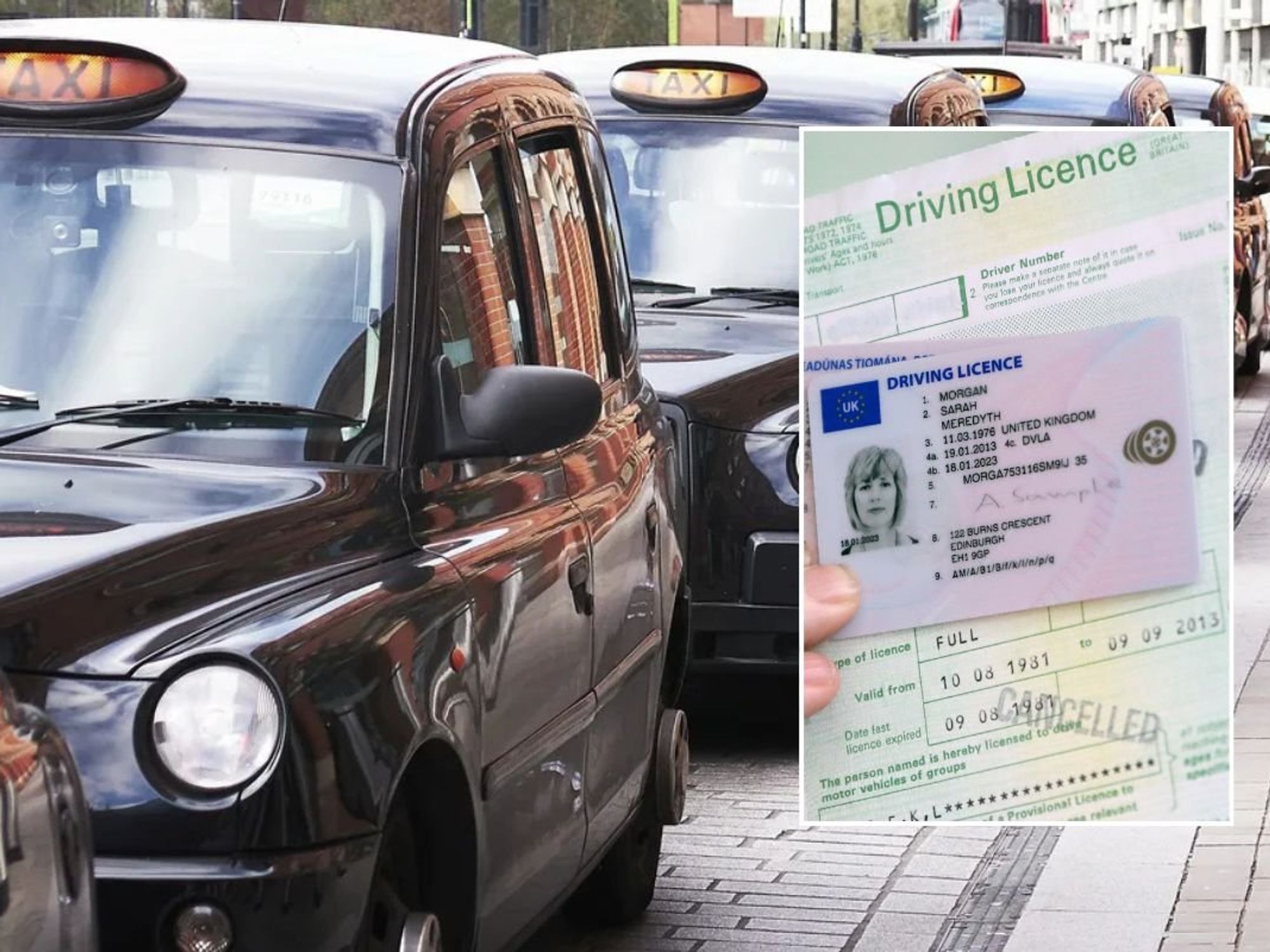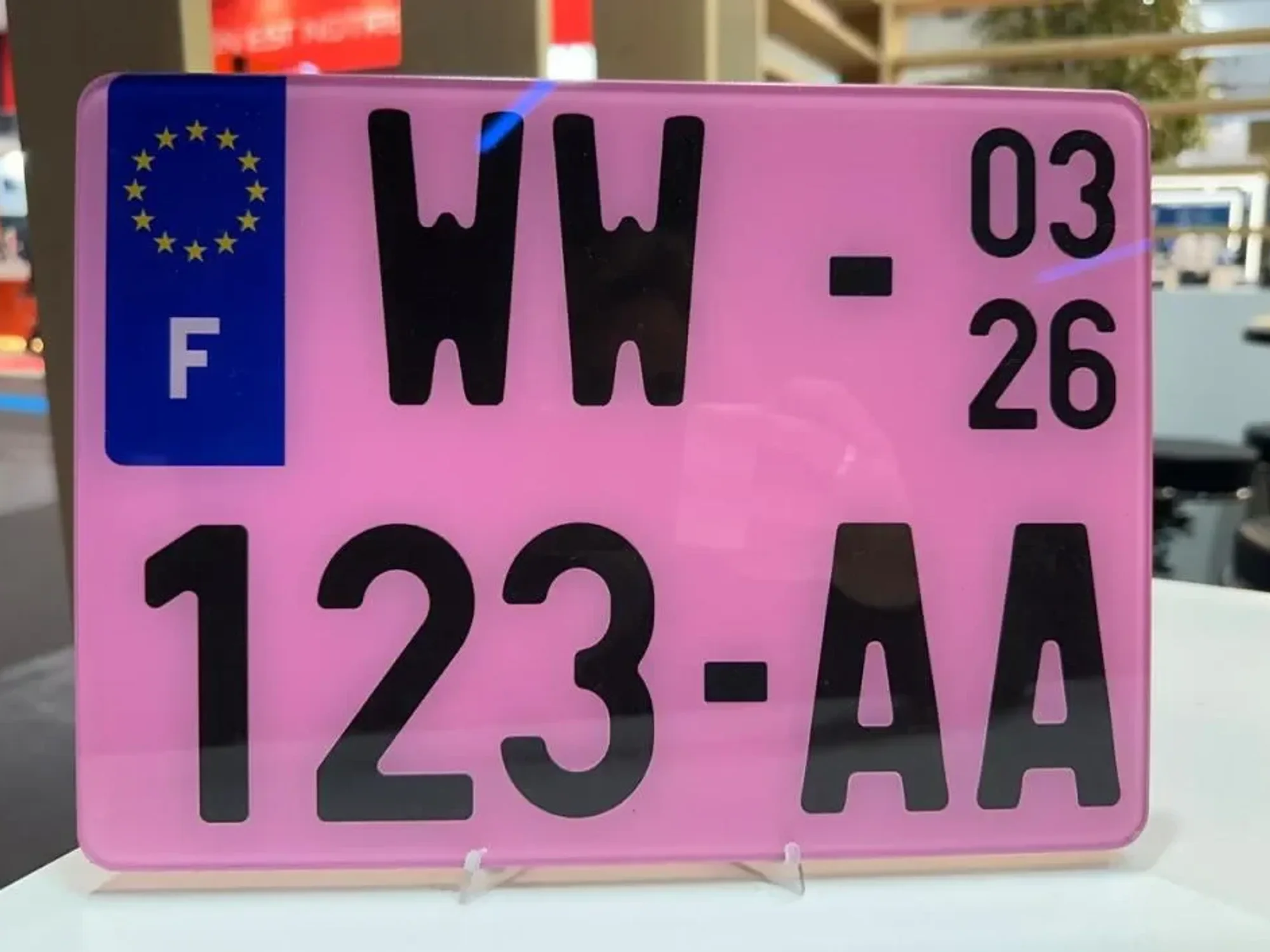Petrol and diesel cars to remain on UK roads for decades as drivers refuse electric vehicle switch

Estimates suggest that 23.7 million petrol and diesel cars could be driving on UK roads in 2030
Don't Miss
Most Read
Latest
New research suggests that UK drivers will be keeping hold of their petrol and diesel for almost a decade, potentially plunging electric vehicle targets into chaos.
On average, petrol and diesel plan to keep their internal combustion engine-powered vehicles for nine years.
Based on responses from 1,300 petrol and diesel owners, many Britons look set to delay their transition to zero emission vehicles until after 2030.
The Zero Emission Vehicle (ZEV) mandate states that manufacturers must have a minimum percentage of total sales come from electric cars.
Do you have a story you'd like to share? Get in touch by emailing motoring@gbnews.uk
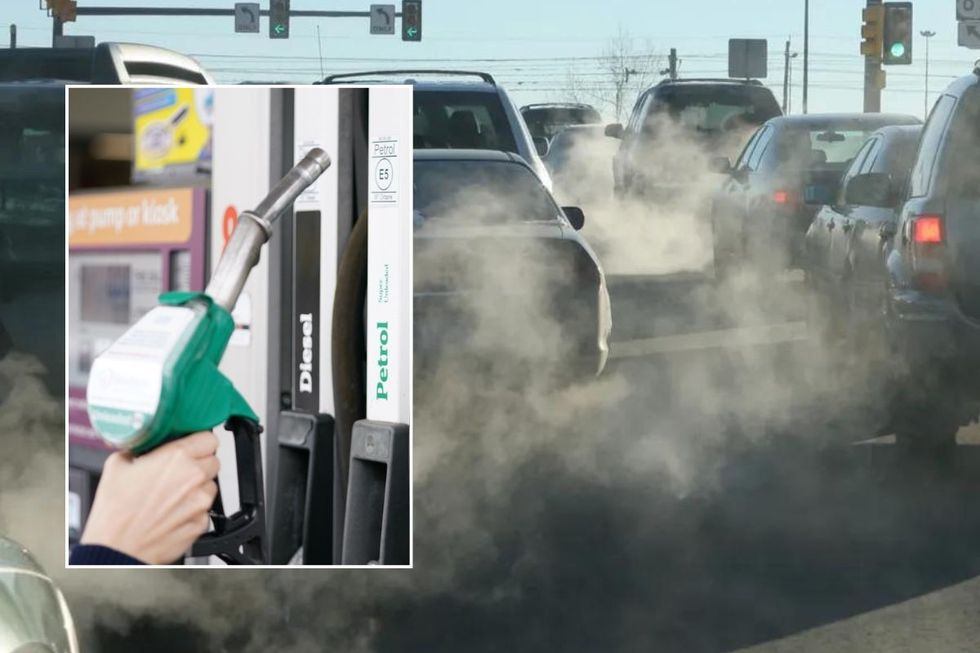
Many UK drivers plan to keep their petrol and diesel cars for the foreseeable future
|GETTY
By the end of the year, car brands must have 28 per cent of sales be electric, before steadily rising every year before reaching 80 per cent at the end of the decade.
The ZEV mandate could impose hefty fines on manufacturers worth up to £12,000 per polluting vehicle sold which misses the threshold.
However, fines are expected to be issued in the coming years as companies can buy credits from manufacturers which produce a higher volume of electric cars to ensure they meet the ZEV targets.
The latest data from the Society of Motor Manufacturers and Traders (SMMT) shows that new electric car sales achieved 21.3 per cent of the total market share in July, in a month in which total registrations dropped five per cent compared to the year prior.
It is hoped that the new number plates launched in September, in addition to the Electric Car Grant, will boost uptake in zero emission vehicles in the coming weeks and months.
Research from Sustain found that only 27 per cent of motorists were likely to switch from petrol and diesel to electric in the next five years.
Shockingly, five per cent of motorists said they wanted to keep their combustion engine cars for the next two decades.
David Richardson, director of Sustain, said: "Working from that data, if we take it that 27 per cent of the current fleet of ICE cars leave our roads in the next five years, that will still leave 23.7 million driving around in 2030.
LATEST DEVELOPMENTS:
"So, even if the ZEV Mandate goes to plan, around 80 per cent of new cars sold at that point are electric, there will still be 23 million cars on the UK's roads running on fossil fuels."
Speaking in the House of Commons at the start of the year, Transport Secretary Heidi Alexander confirmed the Government's plans for the upcoming ICE vehicle ban.
She said that no new petrol or diesel cars would be sold after 2030, while all new cars and vans would need to be 100 per cent zero emission by 2035.
Labour received some criticism from the motoring industry, given the allowance of new hybrid sales in the five-year period before all polluting vehicles are phased out.
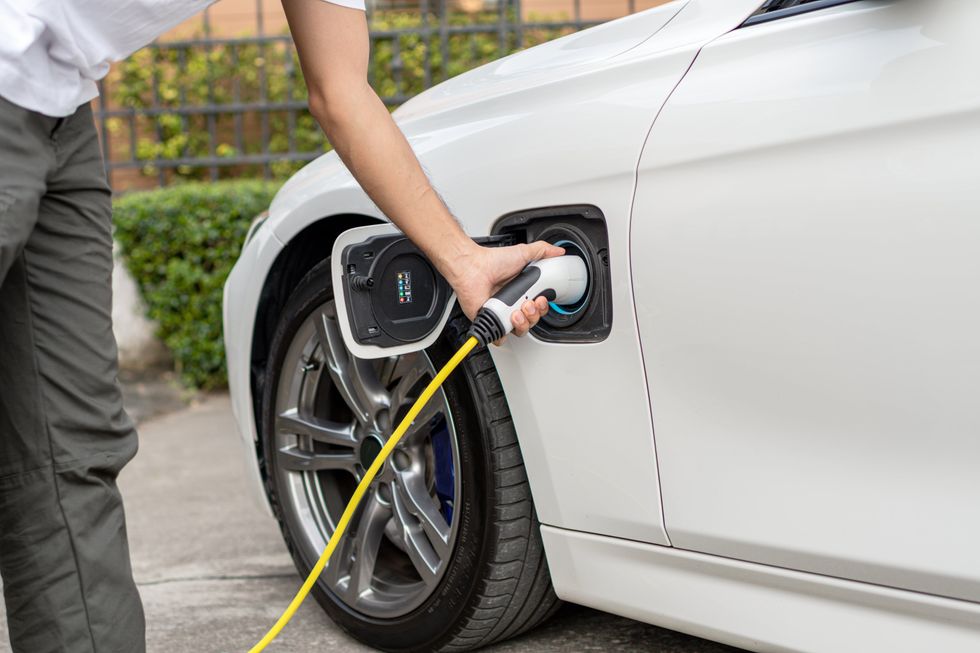
Only new zero emission vehicles will be on sale from 2035
| GETTYThe Labour MP for Swindon South added: "The need to transition away from a reliance on fossil fuels has never been clearer, and the transition to zero emission vehicles will play a critical role in quickly reducing carbon emissions and improving our energy security.
"It is not just an environmental necessity but an opportunity for the UK to lead in cutting-edge technologies, representing a significant industrial opportunity for the UK."
Mr Richardson added that policymakers should be doing more to tackle the existing fleet of polluting petrol and diesel vehicles, with one possible solution being sustainable fuels.
Sustainable fuels are already in operation across the UK in various forms, including with HVO (hydrotreated vegetable oil) lorries, and even E10 petrol found at filling stations up and down the country.








